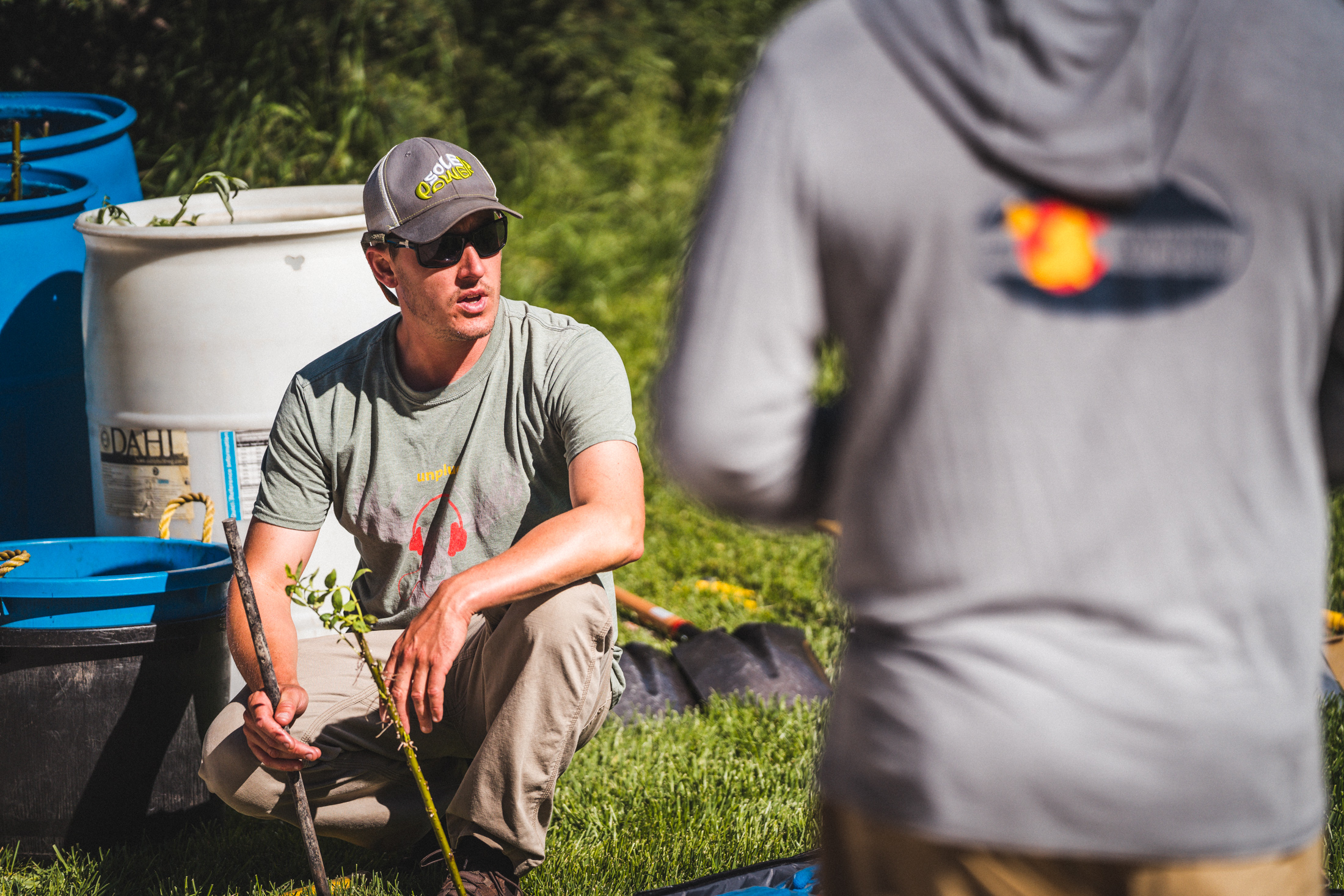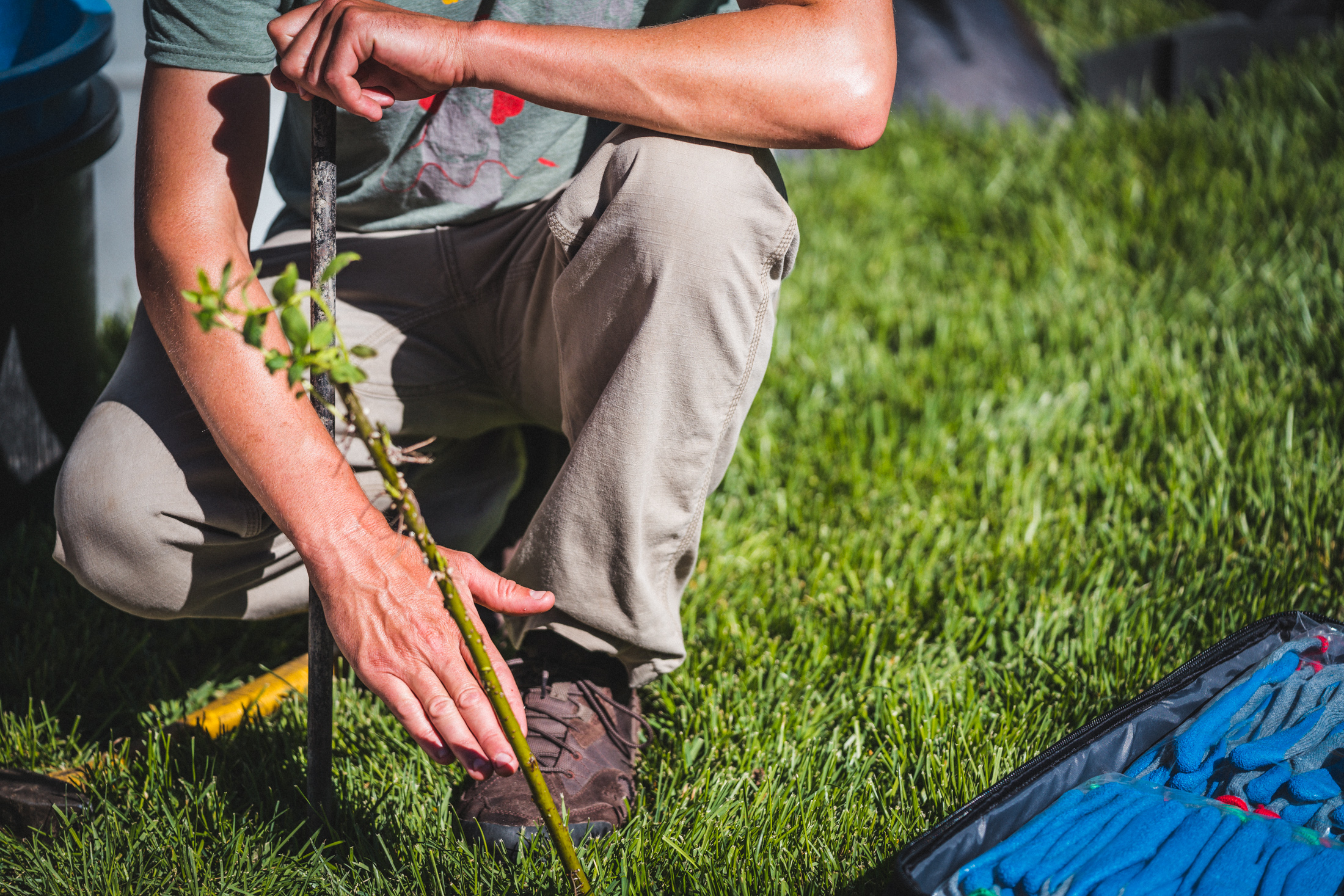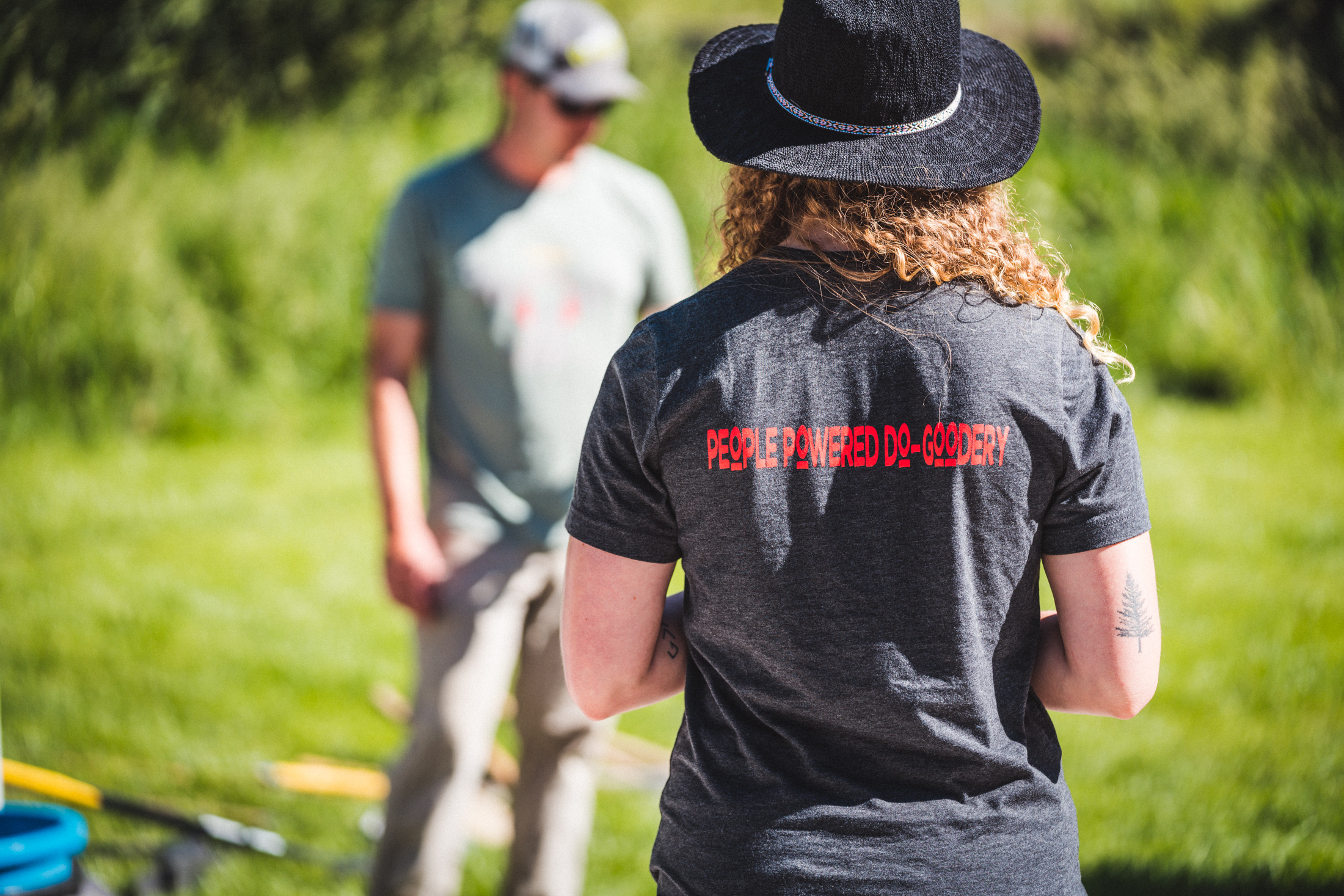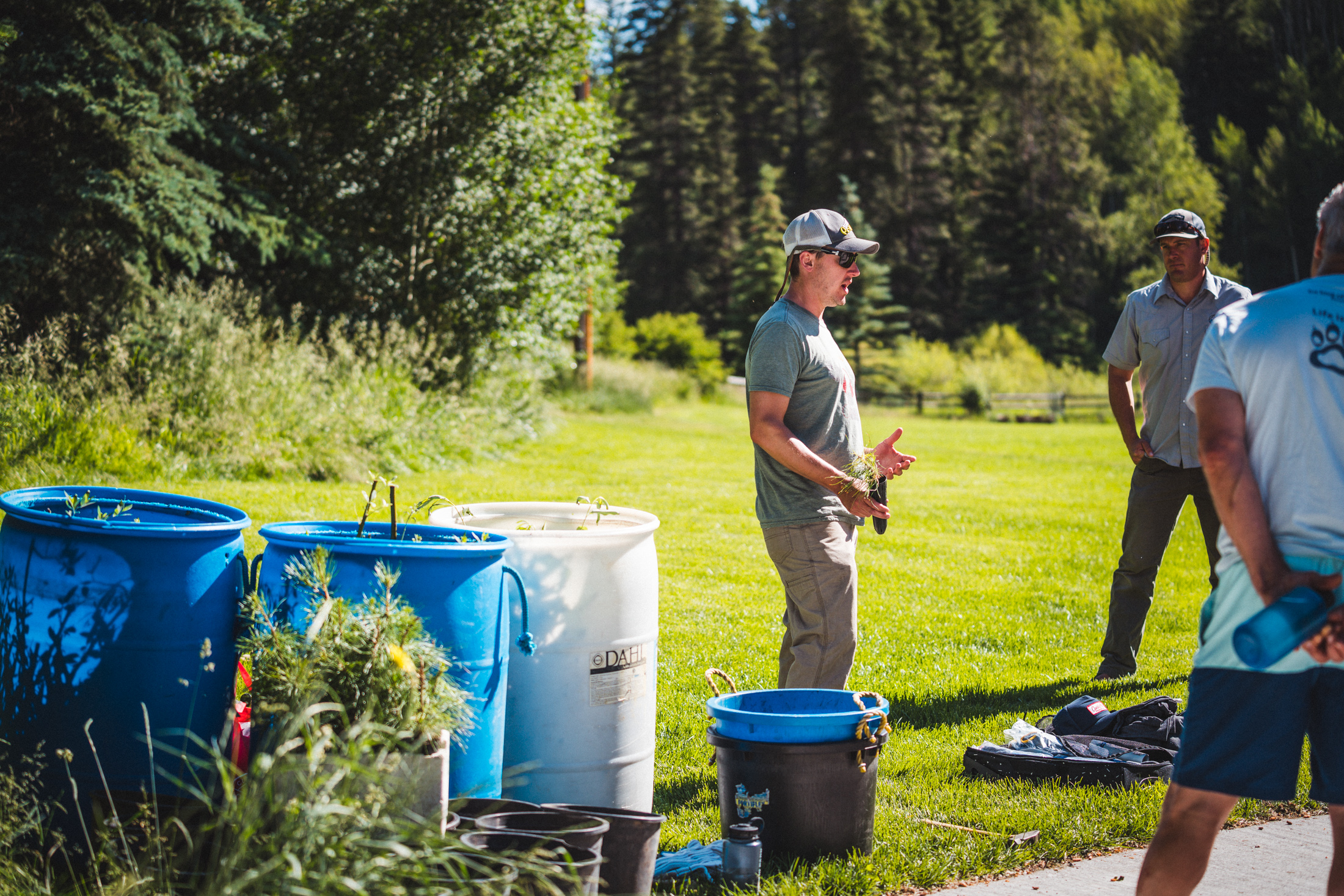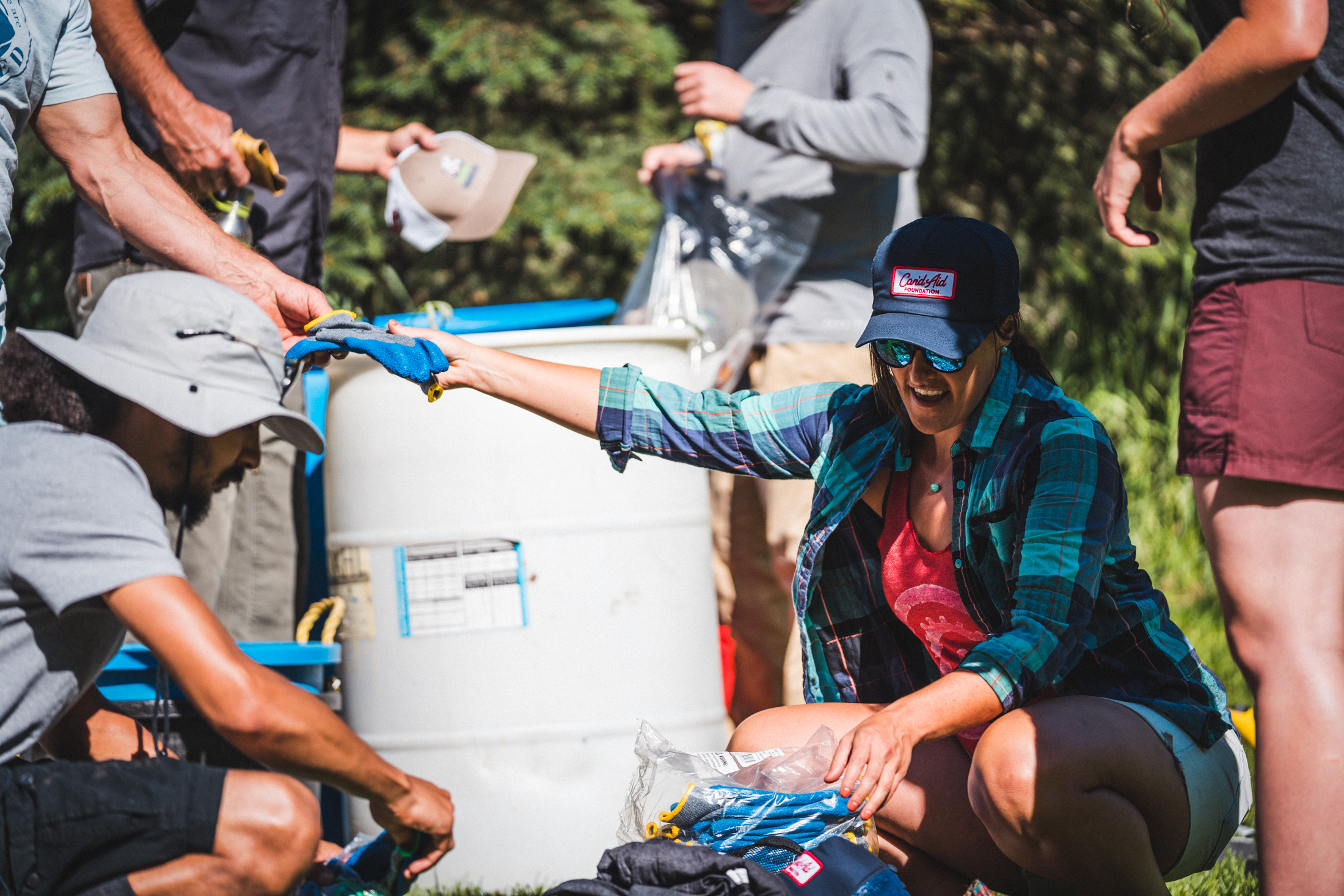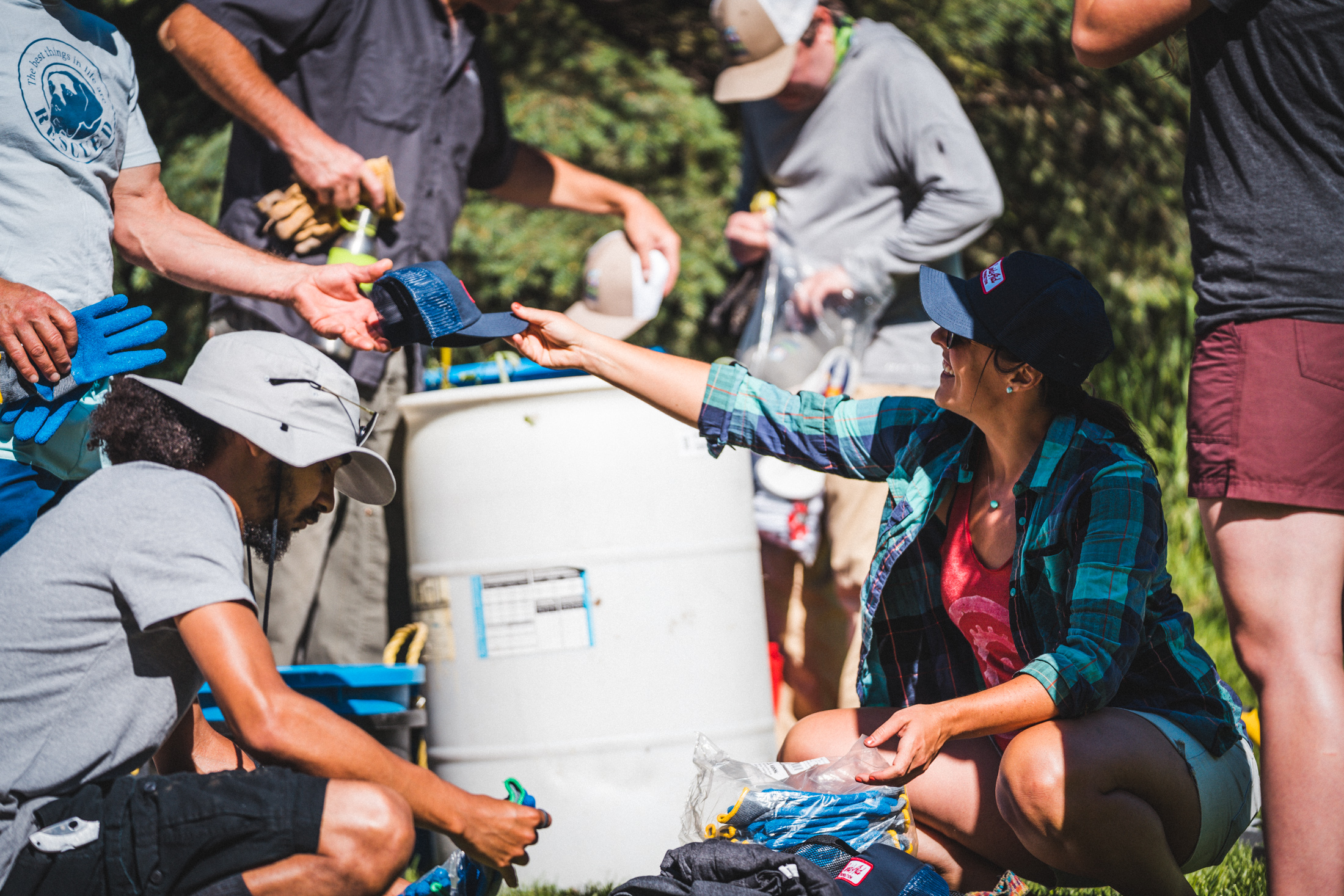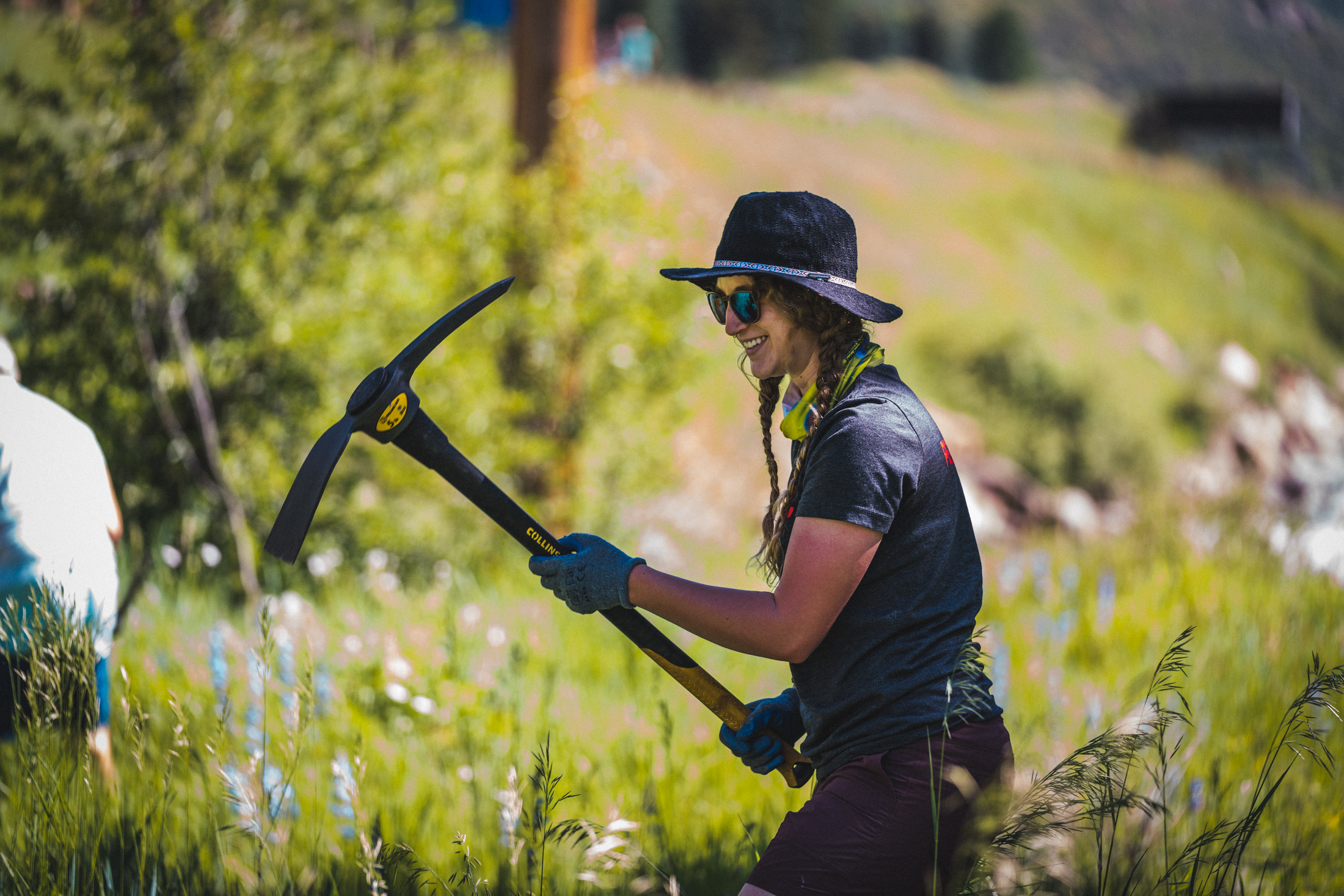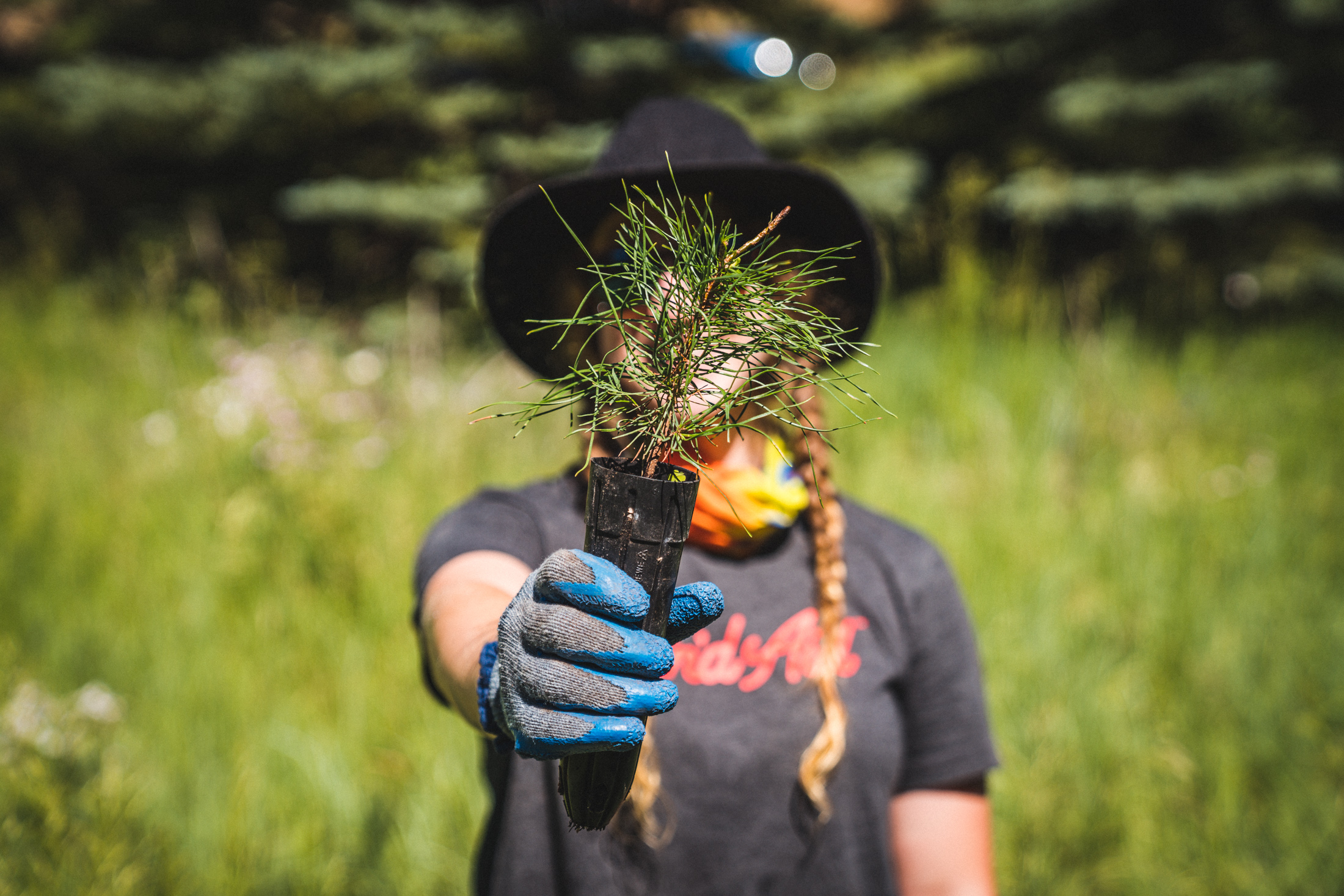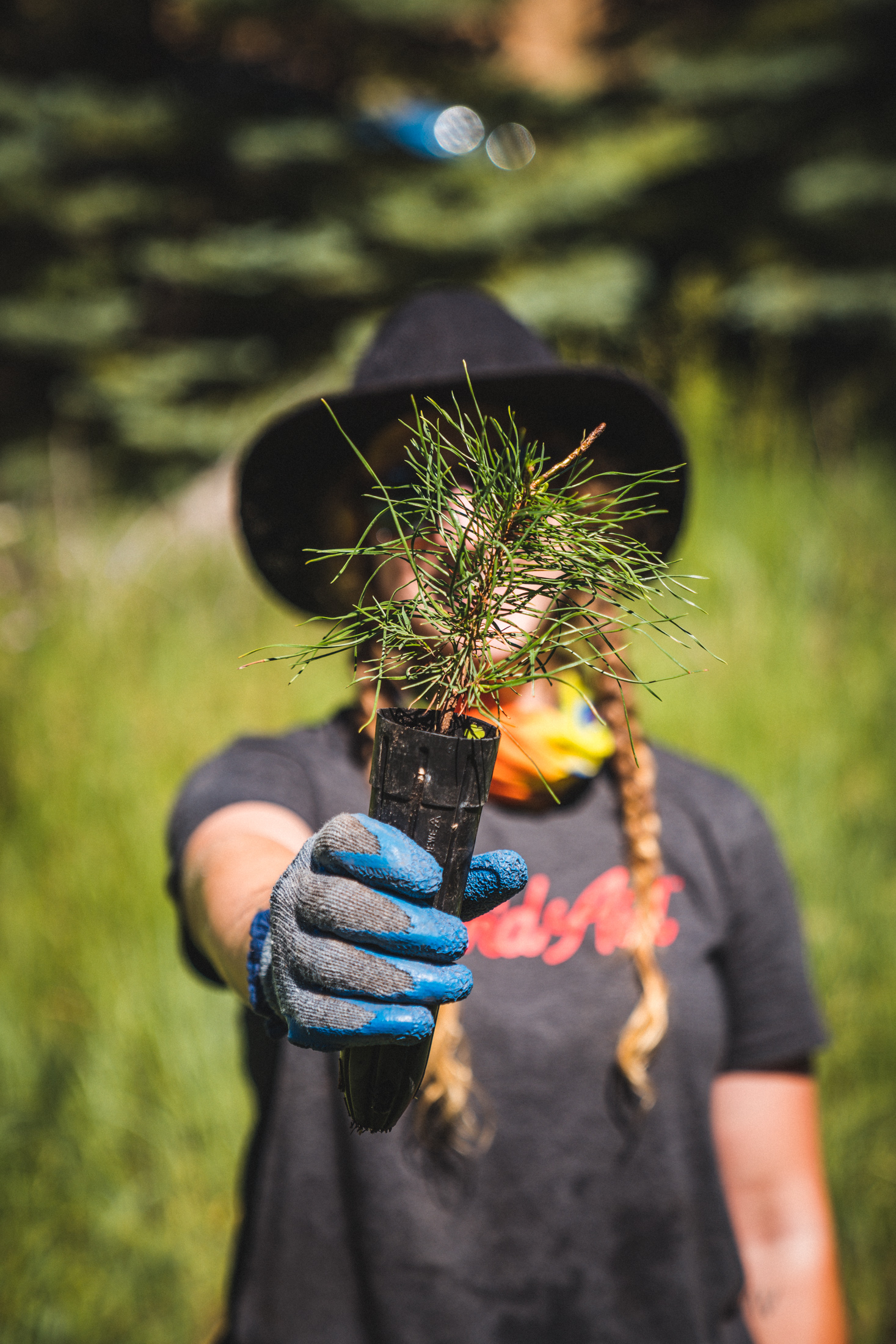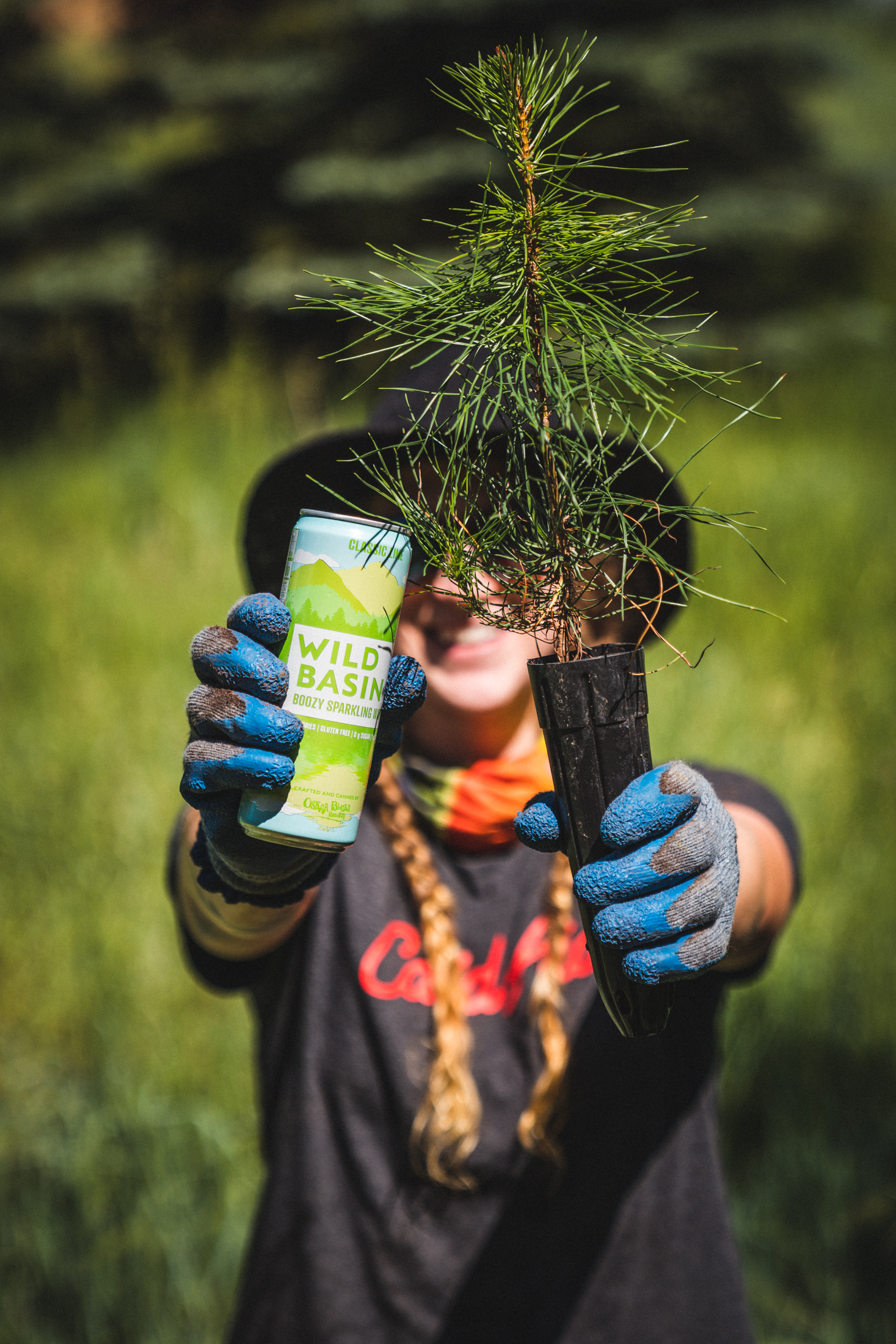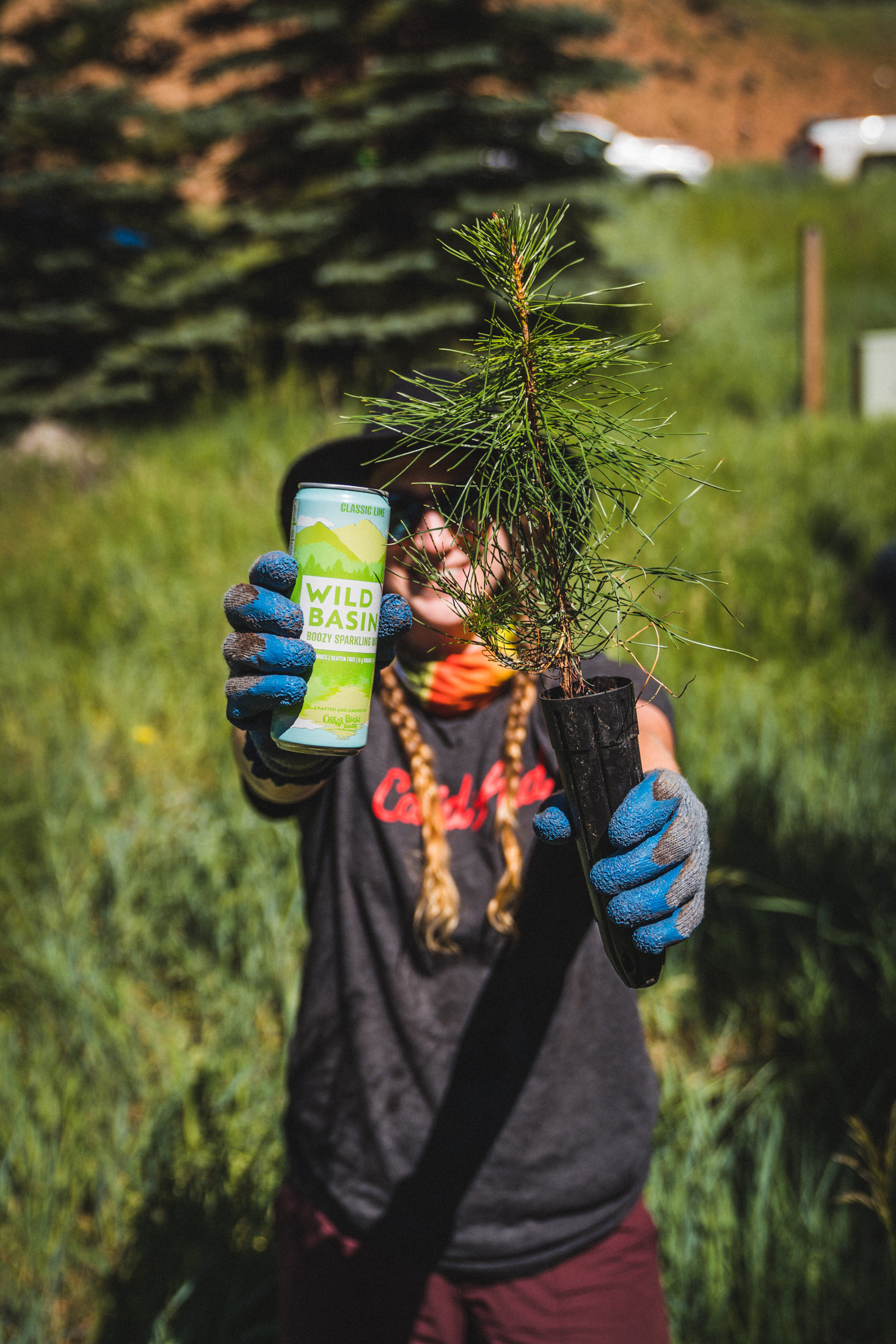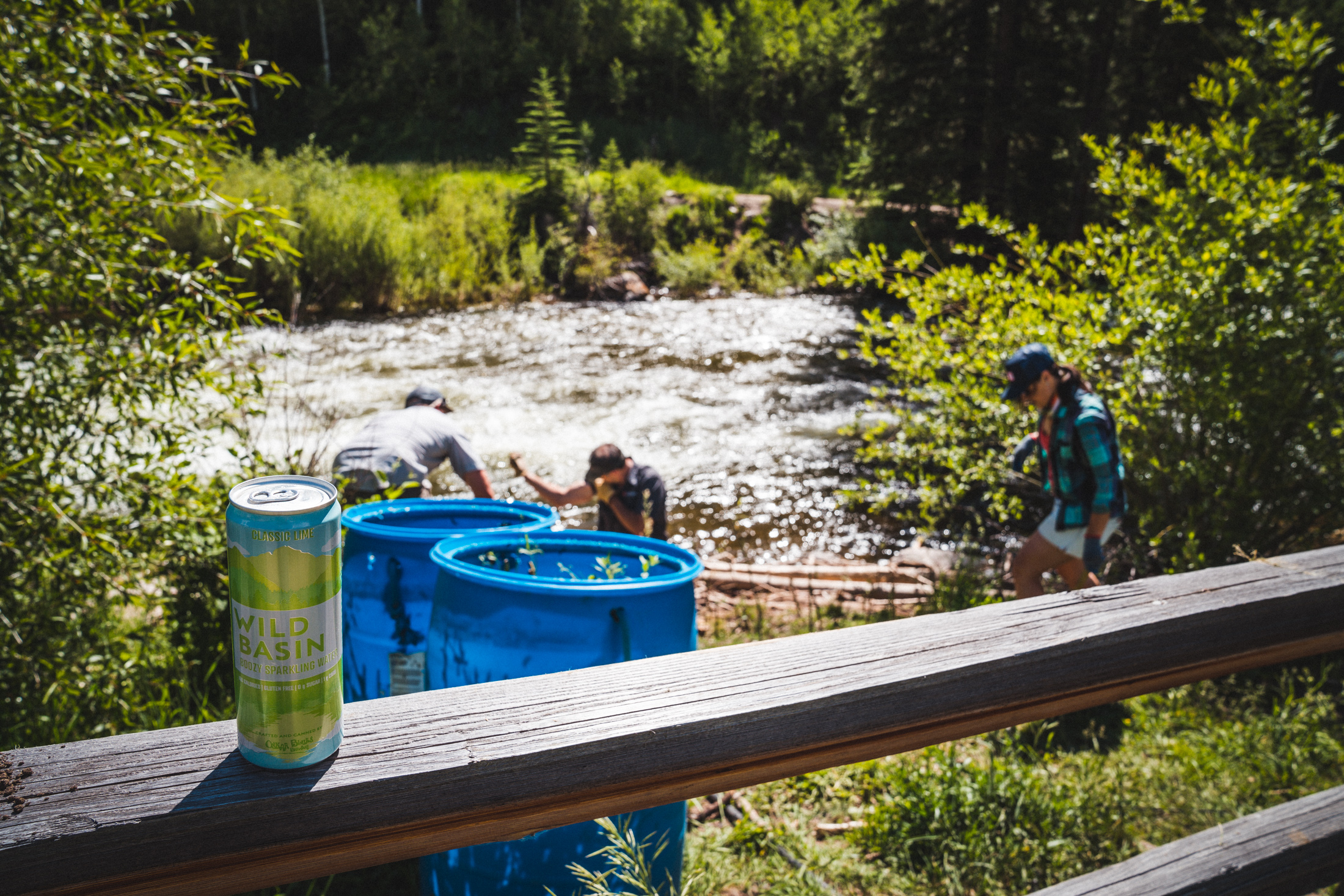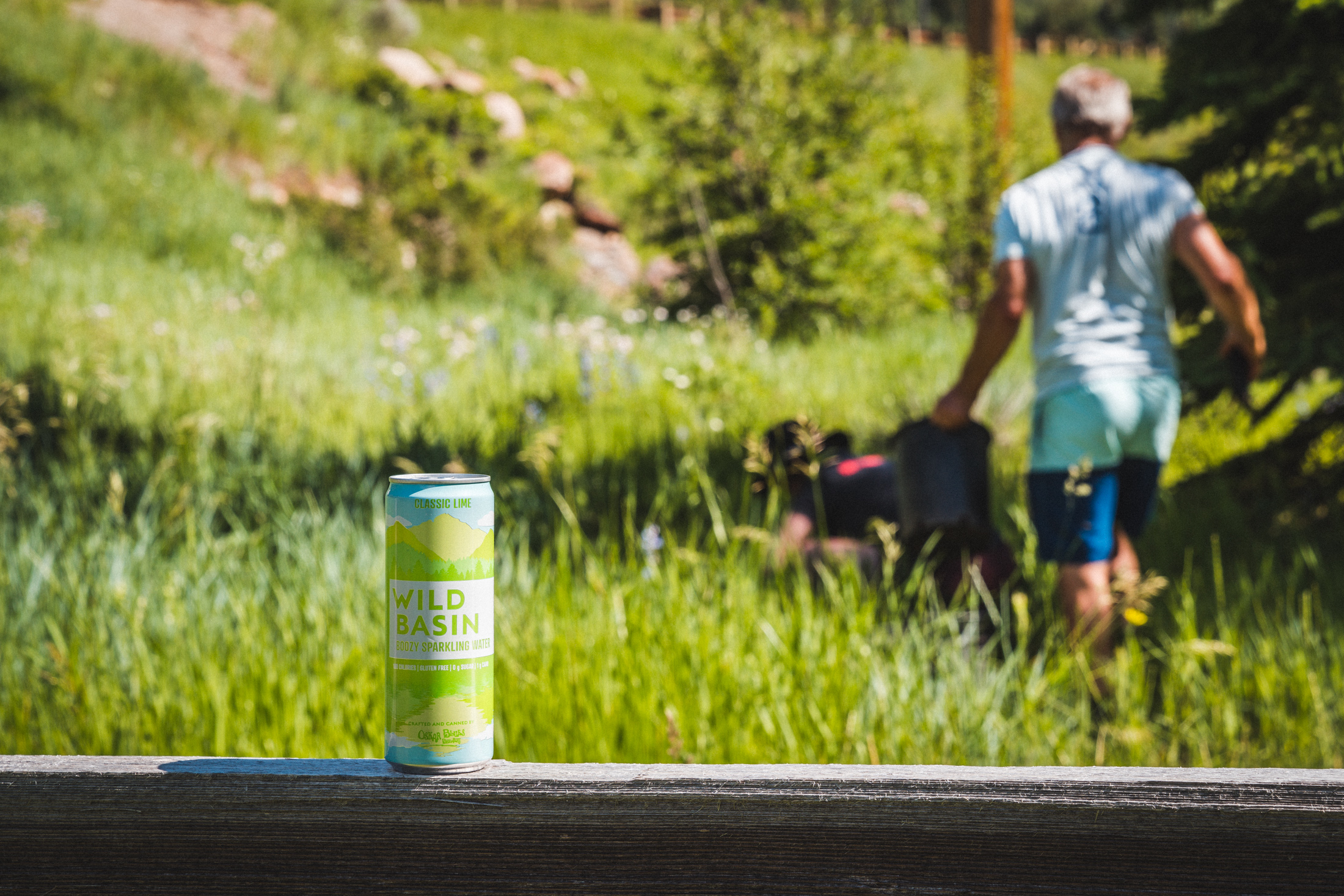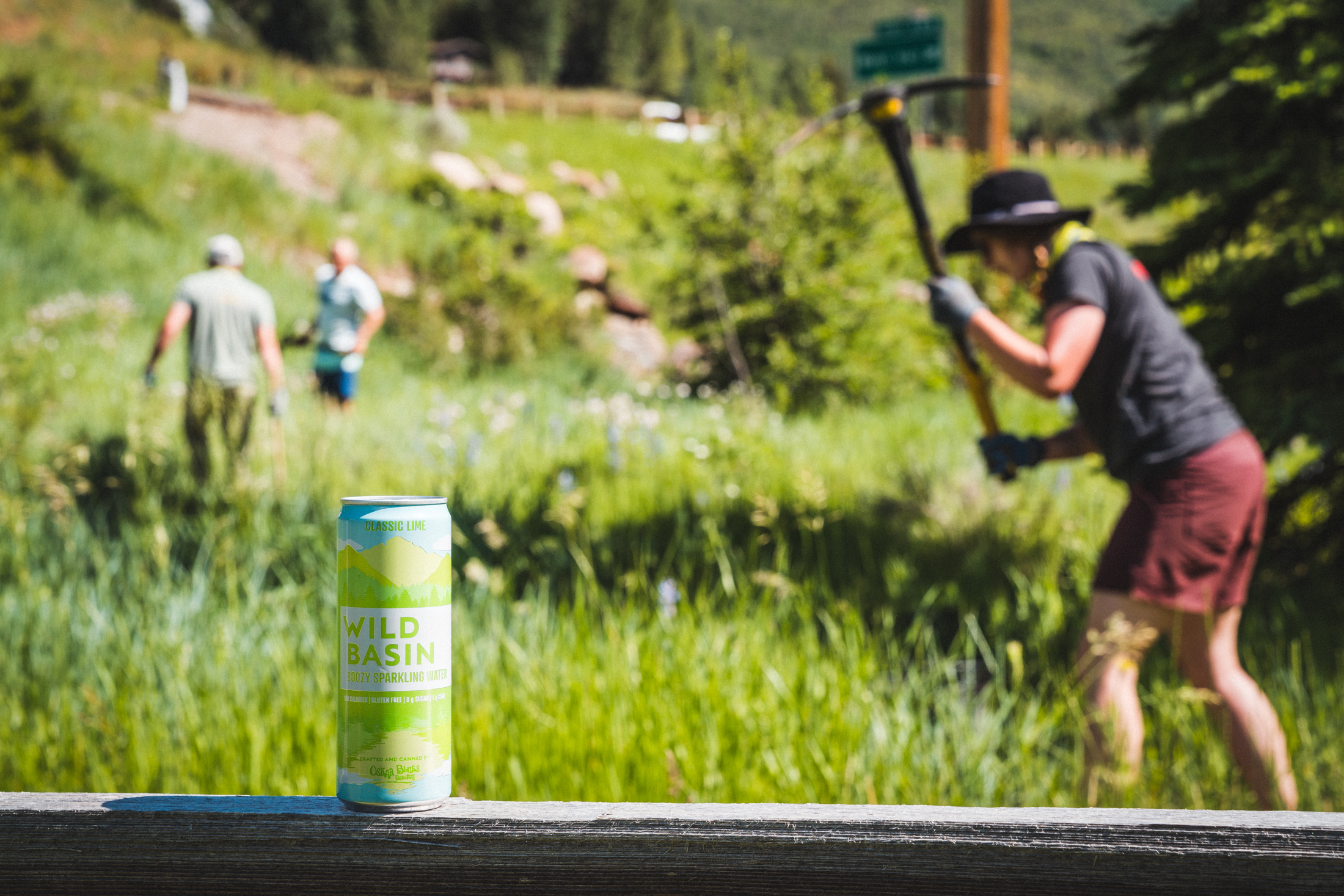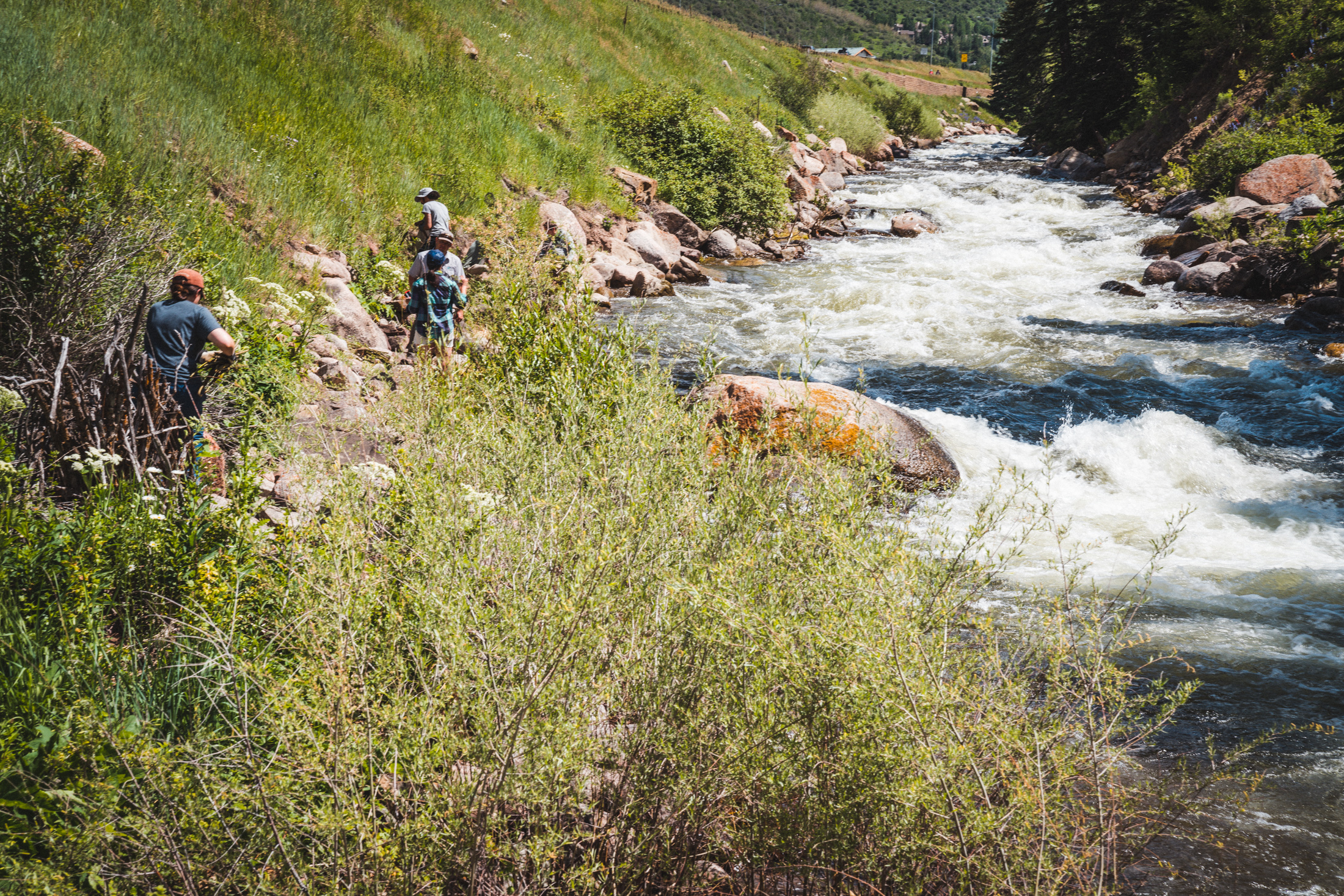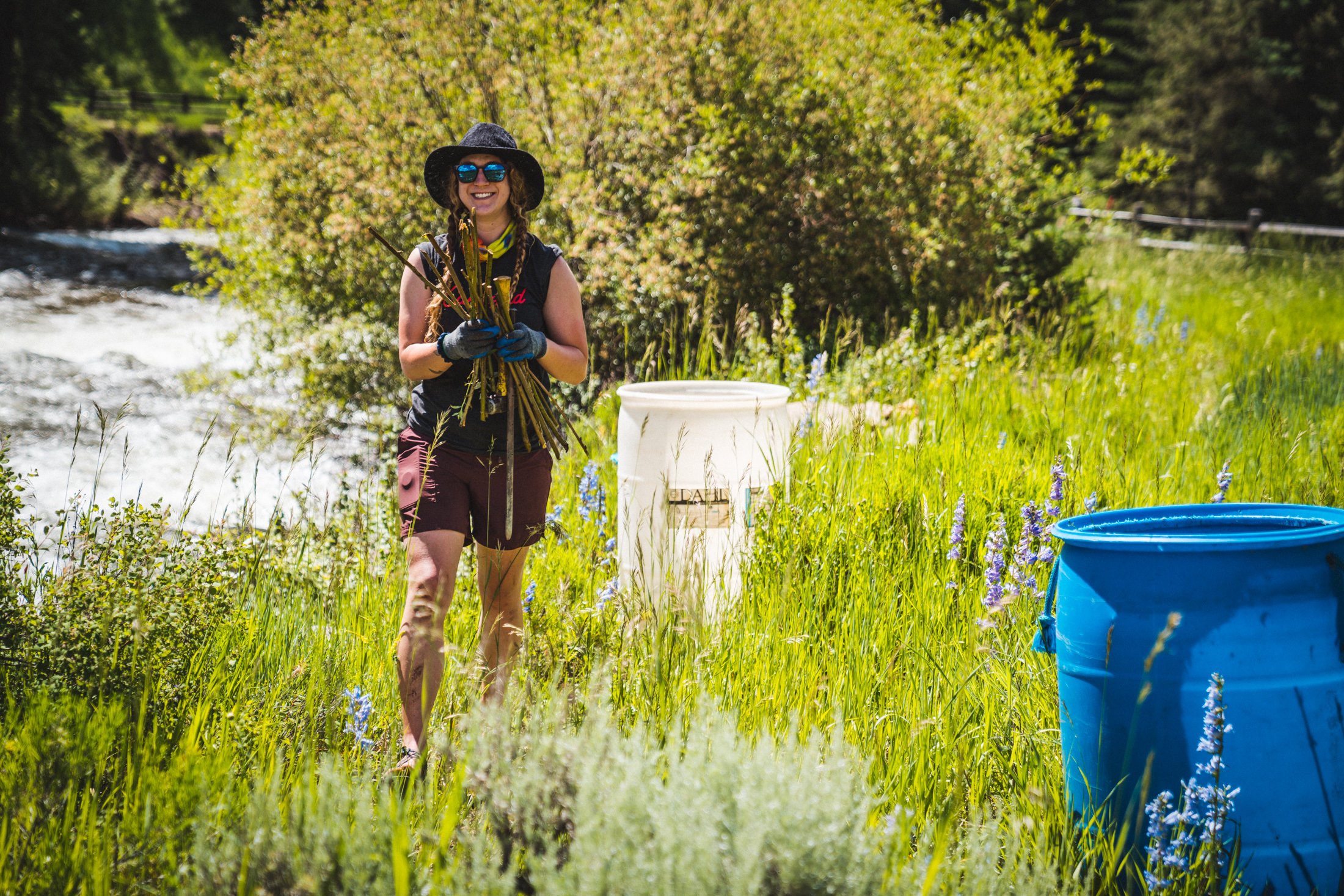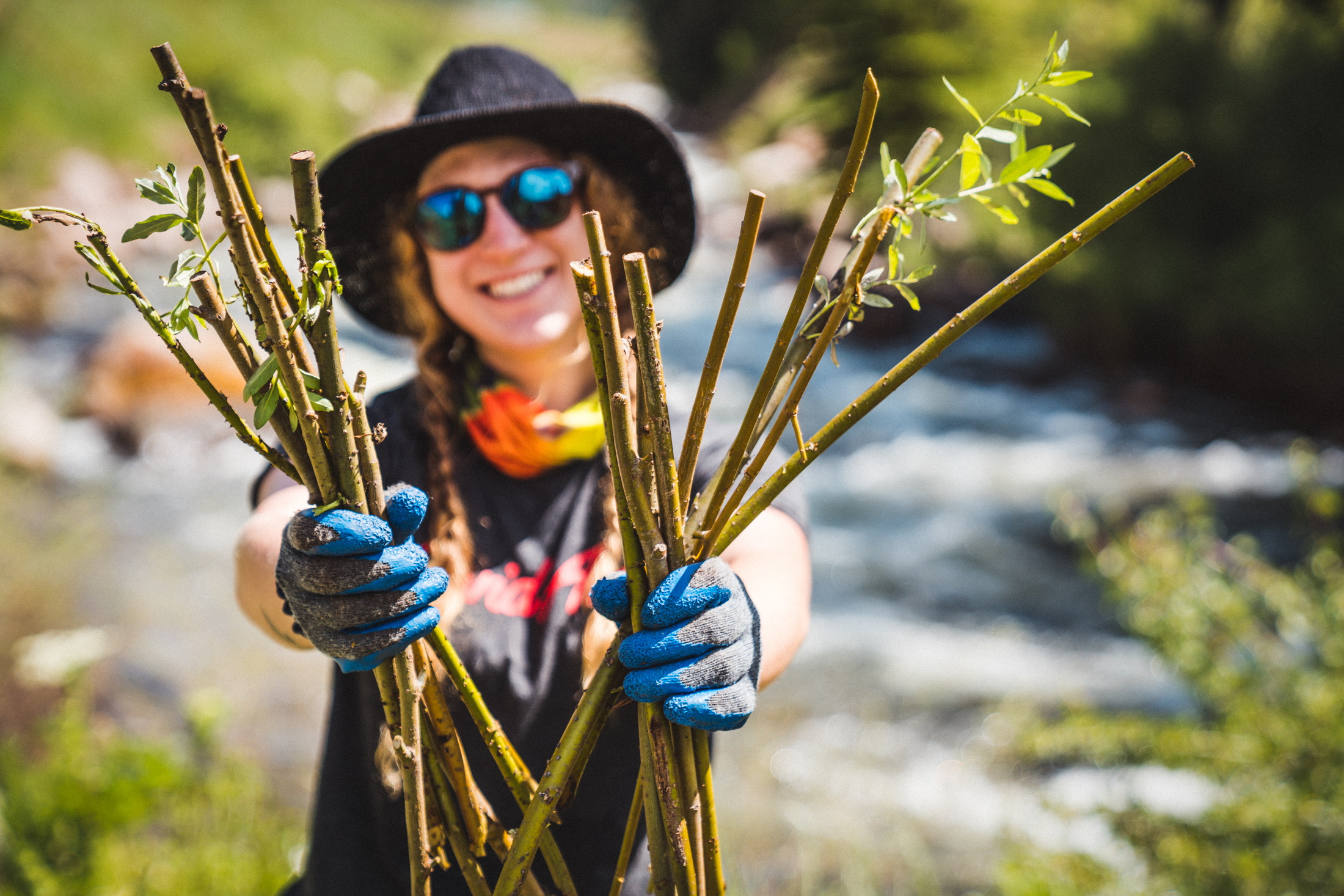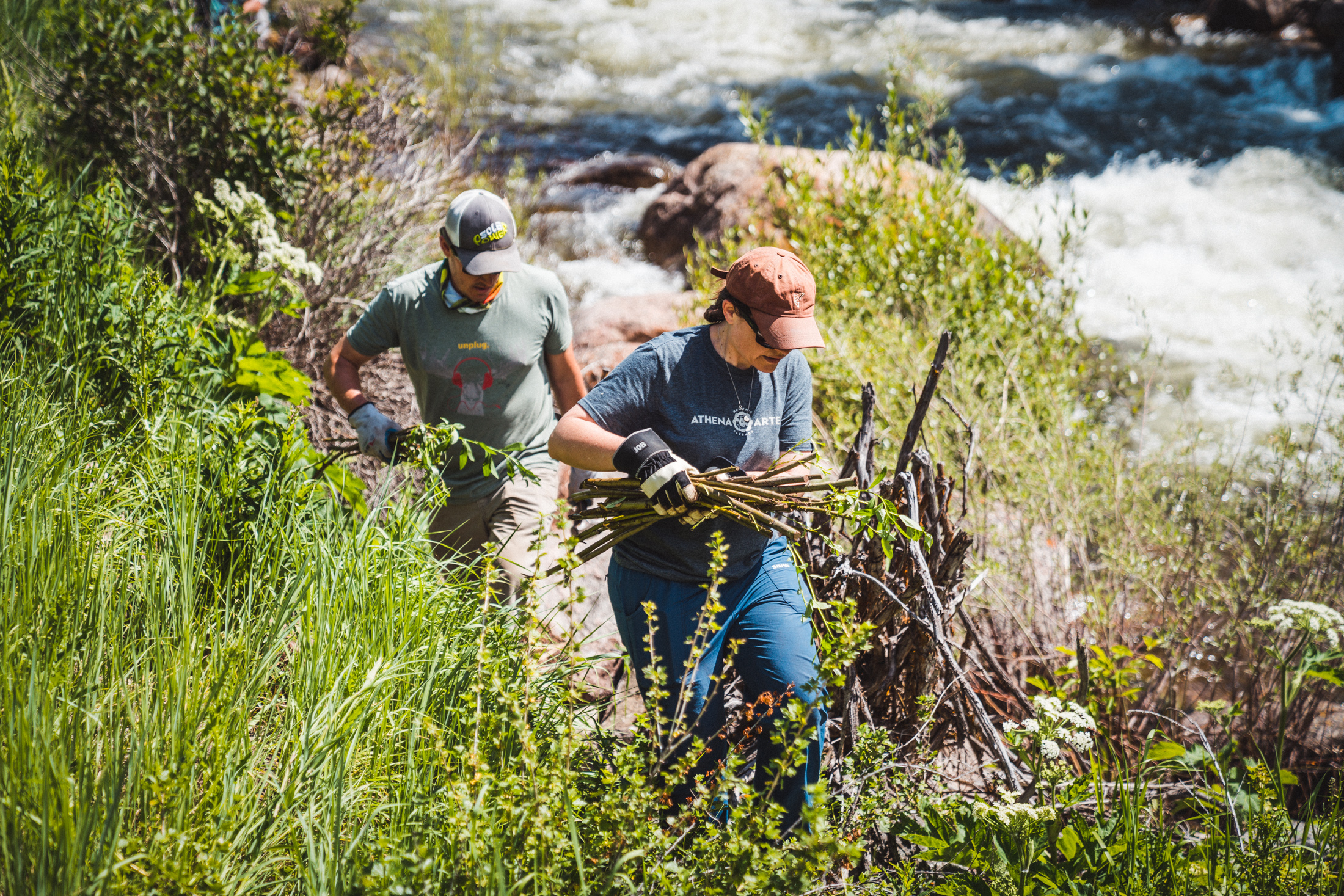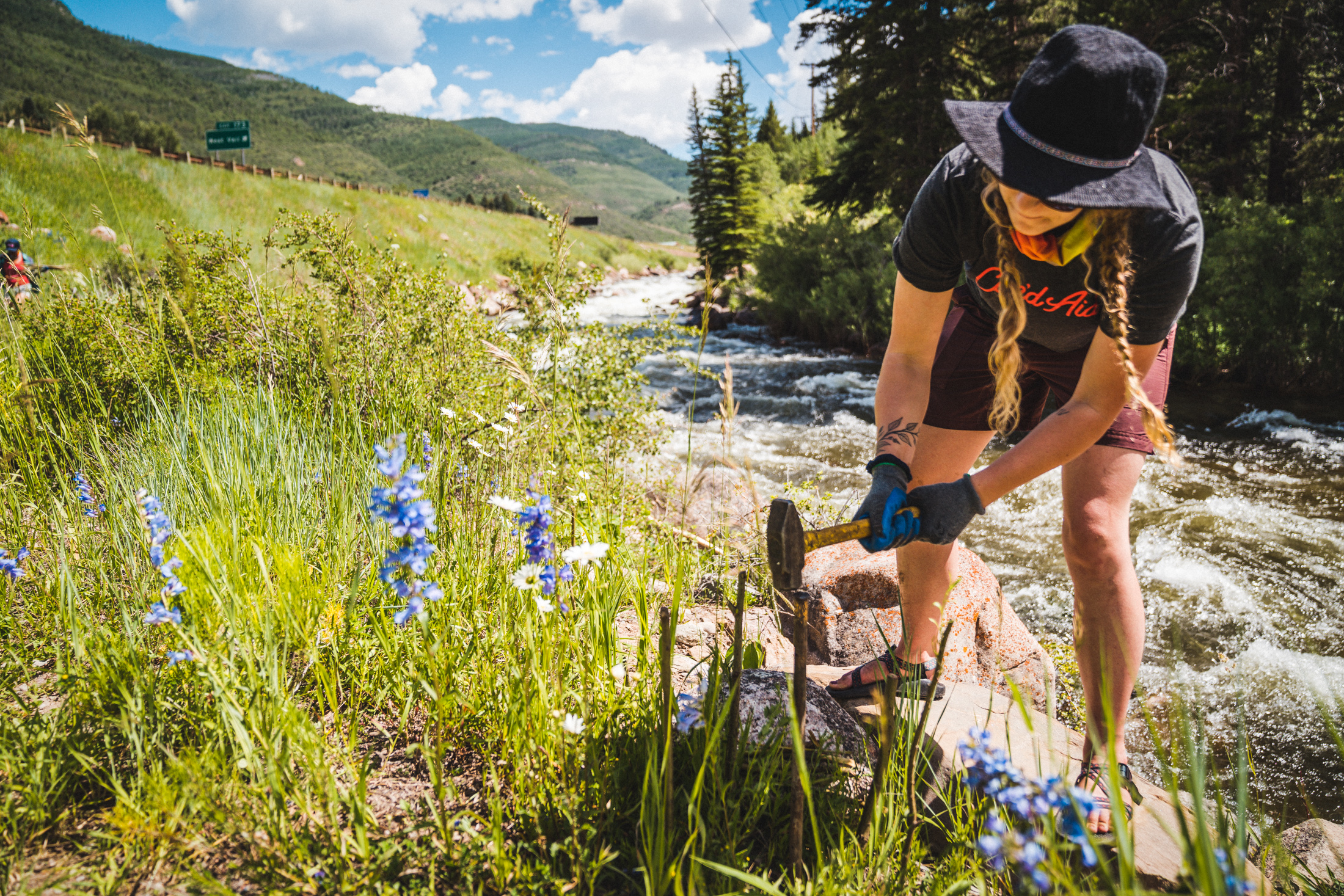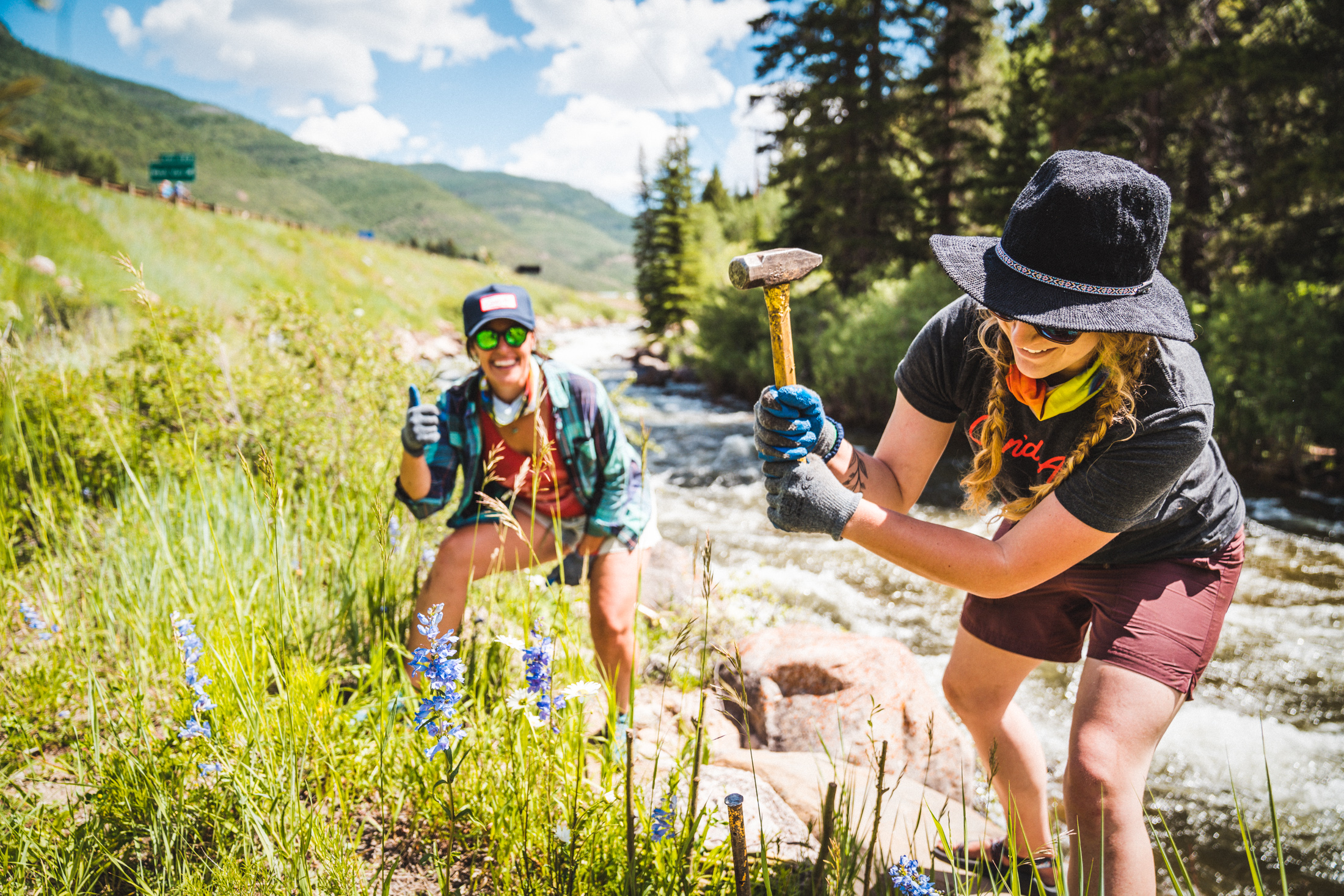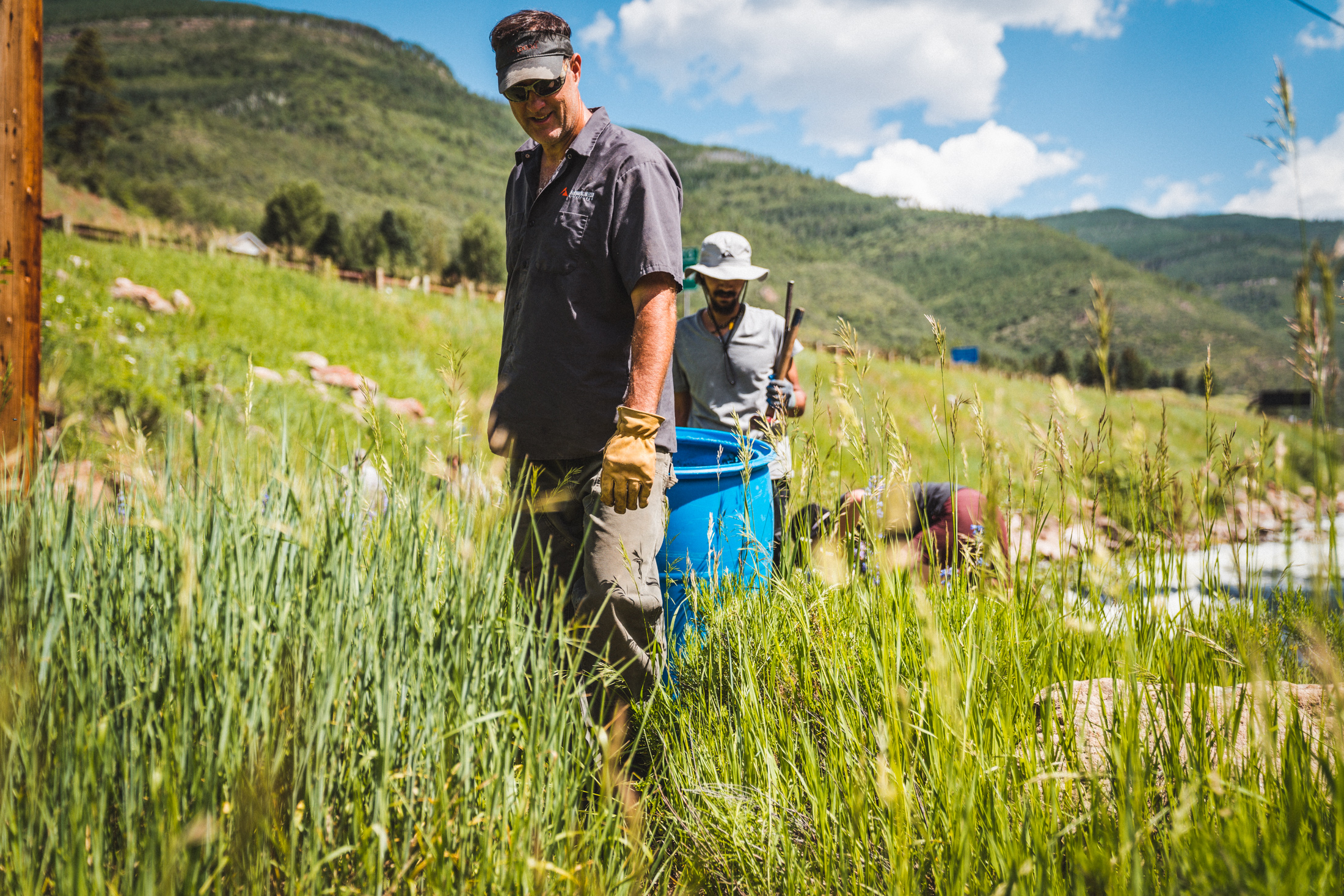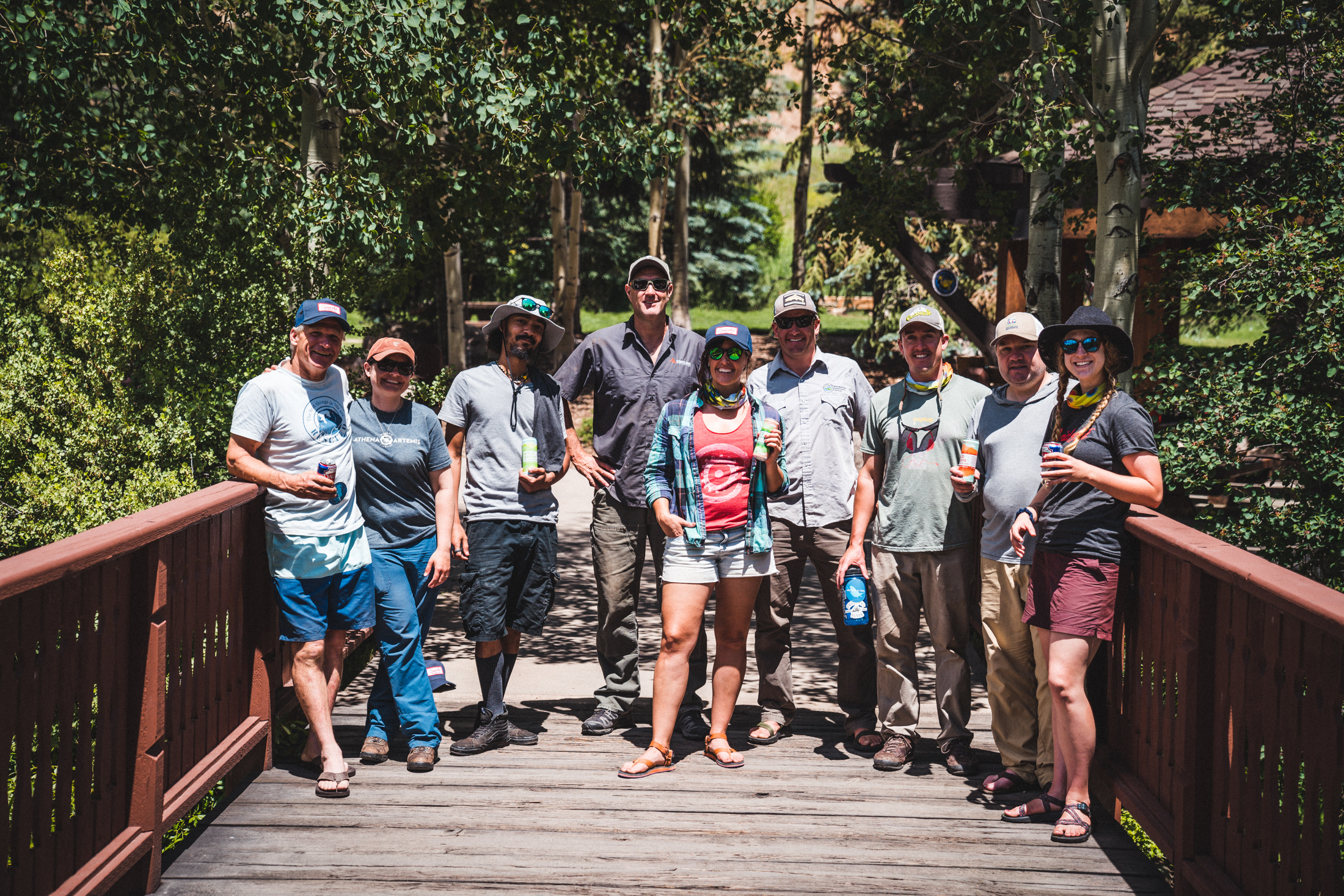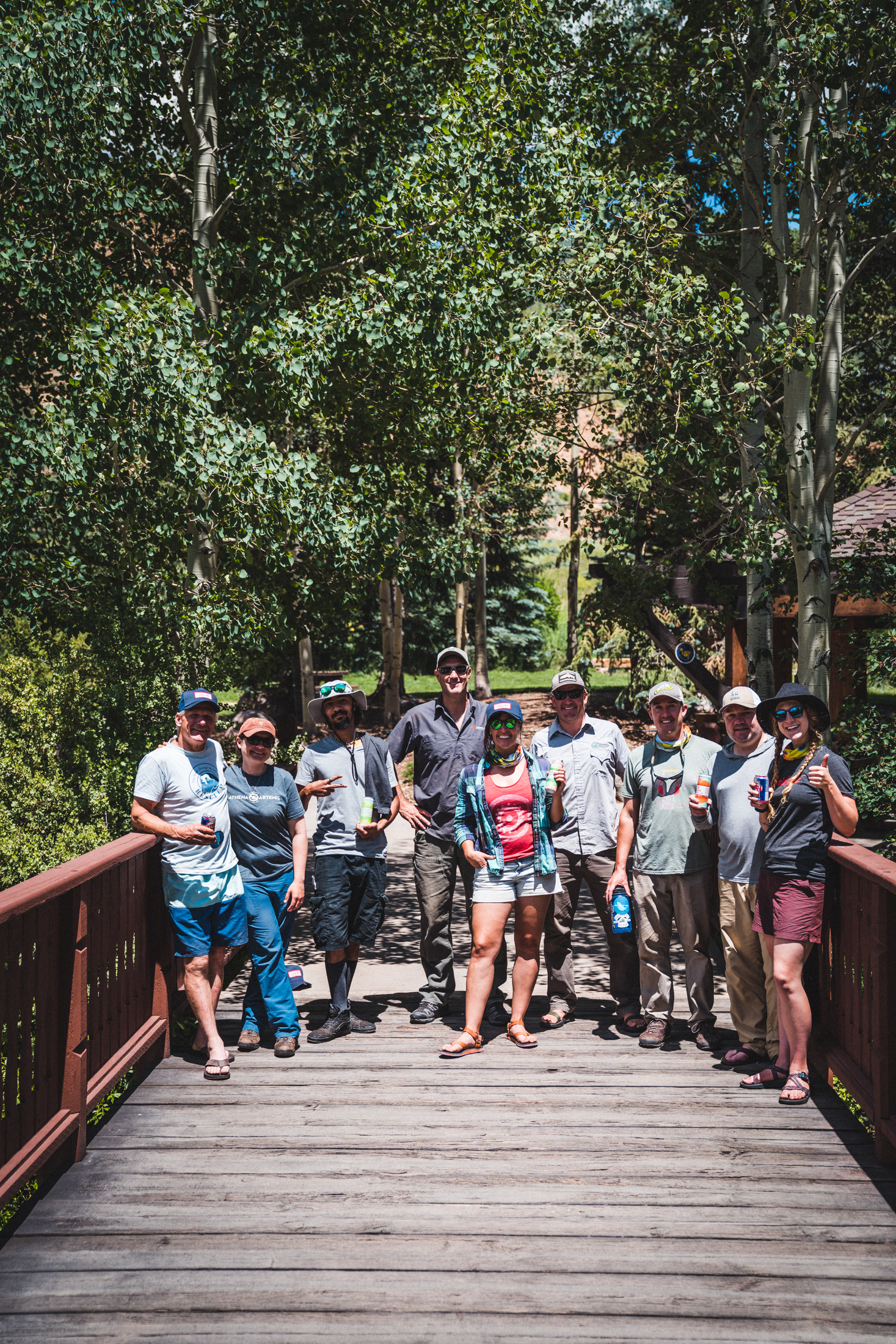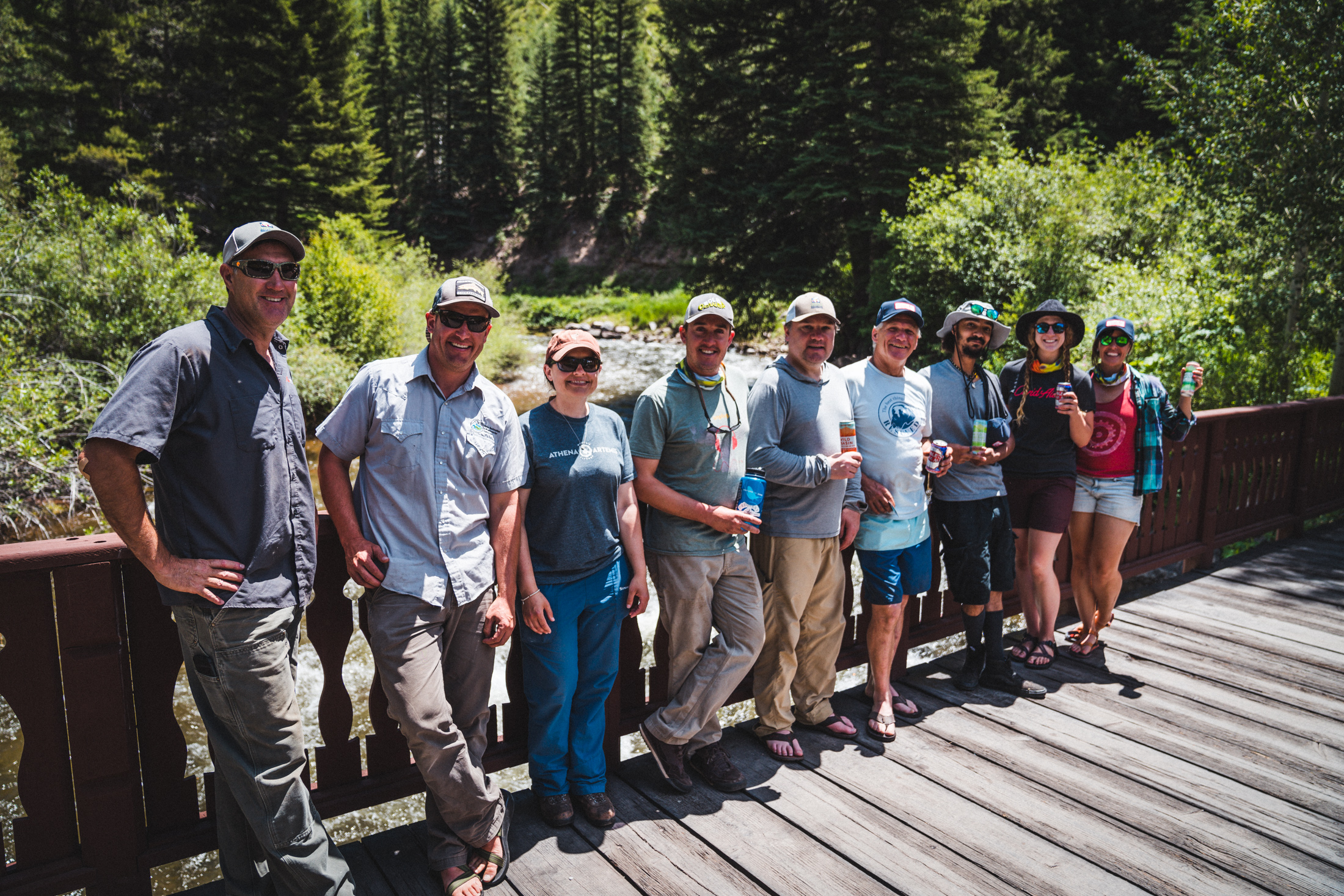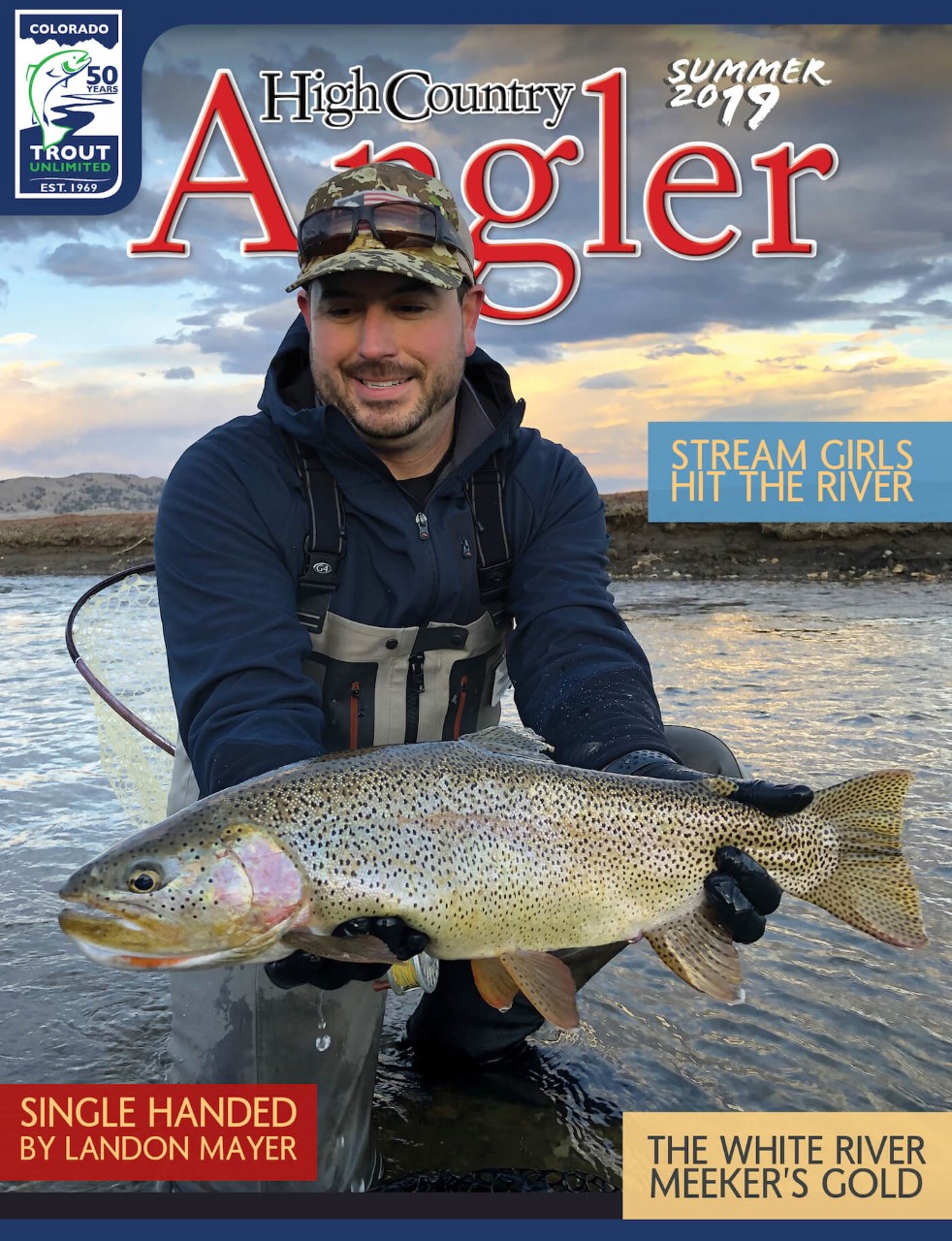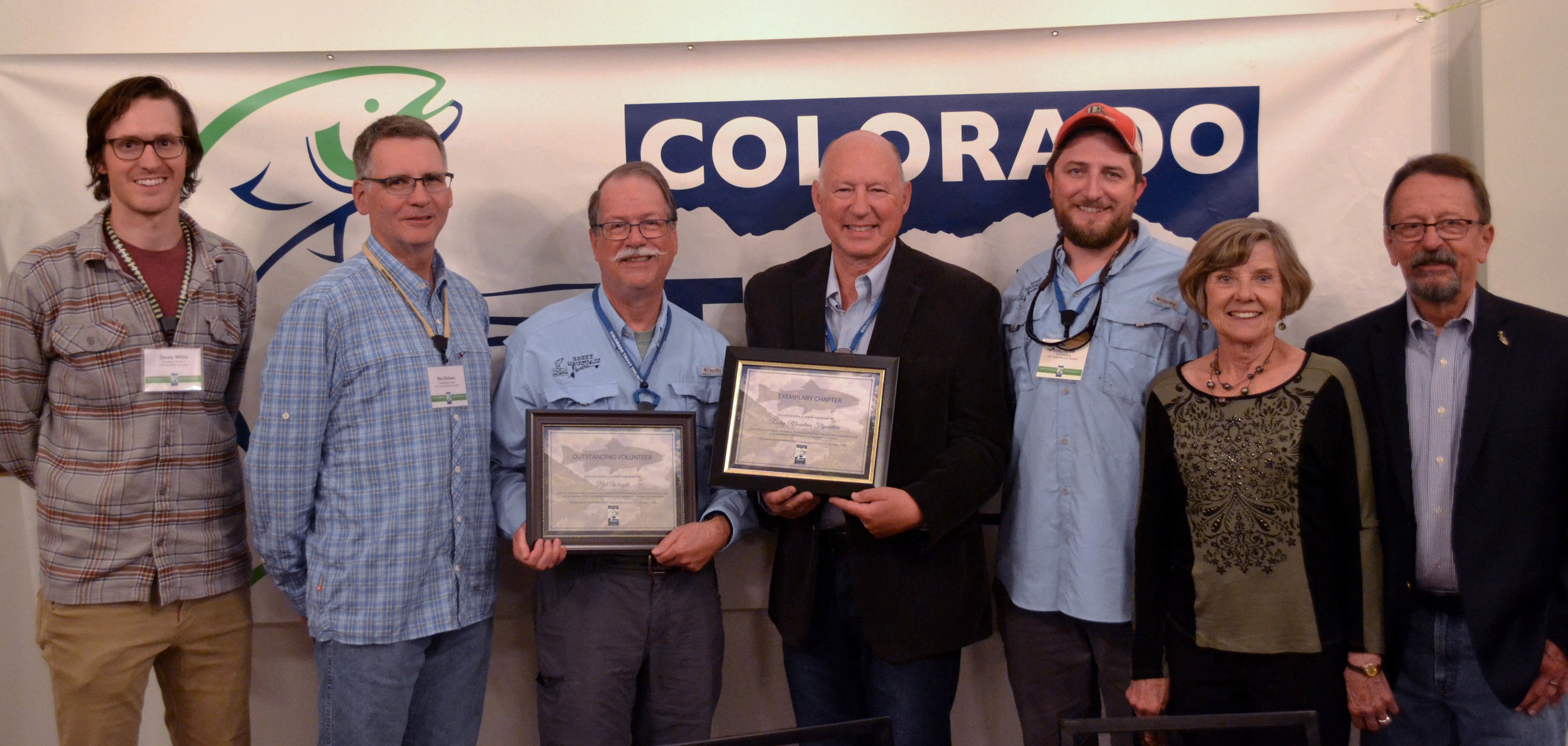Repost from National Trout Unlimited
by Kate Miller
July 18, 2019
Original Blog post here.
Bill would help to advance renewable energy projects on public lands in a manner that protects fish and wildlife habitat, and strengthens local economies and communities
Upcoming
TU CEO Chris Wood to testify in support of PLREDA before a House Committee on July 25th at 10 am eastern. Read Chris’ written statement or visit the hearing page to find witness testimony and to watch the hearing live or on replay.
What is PLREDA?
On July 17, Rep. Paul Gosar (R-AZ) and Rep. Mike Levin (D-CA) introduced the bipartisan Public Land Renewable Energy Development Act (PLREDA).
Congressman Gosar’s press release on the bill is available, here.
Congressman Levin’s press release is here.
The Public Land Renewable Energy Act would create a new system for efficient, responsible renewable energy development on public lands. By identifying priority areas for wind, solar and geothermal development, PLREDA encourages smart siting and efficient permitting of projects in places with high potential for energy and low impact on wildlife and habitat.
Critically, the act would also strategically direct the royalty revenue from development to invest in local communities, fish and wildlife resources and more efficient permitting for renewable energy projects.
Why PLREDA?
The nation’s public lands system provides Americans with the some of the world’s richest opportunities for outdoor recreation. In some cases, federal holdings also represent a reasonable setting for well-planned and properly mitigated renewable energy development projects. These energy projects could stimulate job growth, reduce carbon pollution, and contribute to the protection and restoration of fish and wildlife habitat on public lands.
Utility-scale wind and solar projects are a growing presence on our public lands. These projects will help us move toward a clean energy future, but can take up large chunks of land for long periods of time, and may cause some unavoidable impacts on fish, wildlife and water resources and recreational access. The Public Lands Renewable Energy Development Act provides the conservation counterbalance to unavoidable impacts on our public lands.
PLREDA offers a way to offset issues created by development on public lands by designating a conservation fund derived from royalties and other revenues generated by wind and solar energy projects operating on federal land. The bill also directs a portion of the royalty and lease revenues from public land wind and solar projects to compensate for states and counties impacted by development. Read more about the bill details in our factsheet.
Why this Matters for Trout Unlimited
Public lands contain some of the most valuable trout and salmon habitat in the nation. In most western states, public lands comprise more than 70 percent of the available habitat for native trout, representing the vast majority of remaining strongholds for coldwater species. PLREDA offers a way to advance development of renewable energy on public lands in a responsible and innovative fashion, while also ensuring funds flow back into Trout Unlimited’s critical on-the-ground conservation work that benefits anglers and downstream communities.
Click here to see the TU PLREDA Factsheet and learn more about the bill.
How you can help
We need your help to build even more support for PLREDA. Urge your member of Congress to sign on as co-sponsor of the Public Land Renewable Energy Development Act.
TU letters / statements:
Upcoming: Chris Wood to testify in support of PLREDA before a House Committee on July 25th at 10am eastern. Read Chris’ written statement or visit the hearing page to find witness testimony and to watch the hearing live or on replay.
TU Letter to House Natural Resources Subcommittee on expanding renewable energy development on Public Land (April, 2019)
Sportsmens groups joint press release re: PLREDA (coming soon!)
That’s all for this one! Please contact Kate Miller, Rob Catalanotto or Steve Moyer with any questions.









